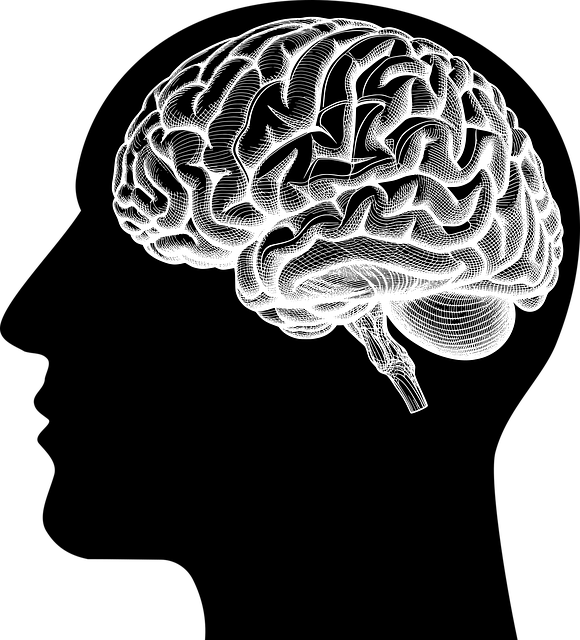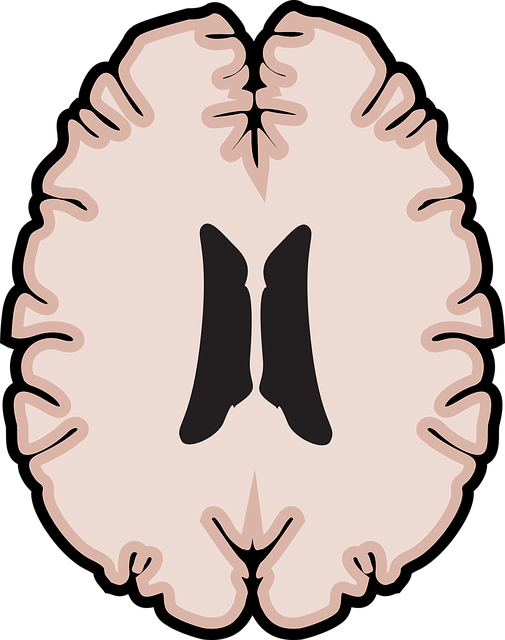Depression in children often manifests as subtle irritability, appetite changes, concentration issues, and social withdrawal. Early recognition by parents, caregivers, and educators is vital for prevention and treatment. Key strategies include open communication, consistent support, and promoting healthy coping mechanisms. Professional help, such as tailored therapy (e.g., CBT) and bariatric evaluations for underlying medical conditions, is essential when concerns persist. Organizations offering mental wellness resources and workshops empower individuals and communities. Bariatric evaluations that include therapeutic interventions address childhood obesity and associated mental health issues, fostering resilience through lifestyle changes, mindfulness, and education.
Depression is a growing concern among young people, but it’s not an insurmountable challenge. This comprehensive guide explores diverse strategies to prevent and manage depression, focusing on actionable steps for parents, caregivers, and mental health professionals. From recognizing early signs in children to exploring the impact of bariatric evaluations and implementing lifestyle changes, each section delves into effective approaches. By fostering resilience through social support and coping strategies, we can empower young minds to navigate life’s challenges with greater mental well-being.
- Recognizing Depression in Children: Early Signs and Symptoms
- The Role of Therapy: Effective Treatments for Young Minds
- Bariatric Evaluations: Exploring Weight-Related Mental Health Issues
- Lifestyle Changes for Prevention: Nutrition, Exercise, and Sleep
- Building Resilience: Social Support and Coping Strategies
Recognizing Depression in Children: Early Signs and Symptoms

Depression can affect individuals at any age, and recognizing it early in children is crucial for effective prevention and treatment. While adults may display more overt signs of sadness or loss of interest, children often manifest symptoms differently. Early signs of depression in kids can include persistent irritability, changes in appetite (either significant weight gain or loss), sleep disturbances, difficulty concentrating, withdrawal from social activities, and a general sense of unhappiness or emptiness. These subtle indicators might be easily overlooked, especially if they come and go, but they could be the first warning signs of an underlying mental health issue.
Parents, caregivers, and educators play a vital role in monitoring children’s emotional well-being. Encouraging open communication about feelings, providing consistent support, and promoting healthy coping mechanisms can foster inner strength development. Additionally, seeking professional help, such as therapy for children tailored to their age group or even bariatric evaluations (for underlying medical conditions), is essential if concerns persist. Organizations like Mental Wellness Podcast Series Production offer valuable resources, while Stress Management Workshops Organization provides tools to empower both individuals and communities in maintaining mental wellness.
The Role of Therapy: Effective Treatments for Young Minds

Depression among young individuals has become a growing concern, and early intervention is key to preventing long-term mental health issues. Therapy plays a pivotal role in treating adolescent depression, offering effective solutions tailored to their unique needs. Cognitive Behavioral Therapy (CBT), for instance, has proven highly beneficial, focusing on identifying negative thought patterns and replacing them with healthier, more realistic ones. This approach empowers young minds to manage their emotions and challenges, fostering resilience against depressive episodes.
In addition to CBT, other therapeutic methods such as Mind Over Matter principles can be employed. These principles teach individuals to reframe their perspectives and cultivate a positive mindset, which is crucial for managing anxiety and promoting emotional well-being. Furthermore, bariatric evaluations are essential risk management tools for mental health professionals, allowing them to assess and address underlying physical factors that may contribute to depression. By combining these therapeutic strategies, mental health professionals can provide comprehensive care, ensuring young individuals receive the support they need to thrive and overcome depression effectively.
Bariatric Evaluations: Exploring Weight-Related Mental Health Issues

Bariatric evaluations go beyond assessing physical health by exploring weight-related mental health issues, a crucial aspect often overlooked in discussions about childhood obesity. These evaluations recognize that mental well-being and physical health are intricately linked, especially for children who struggle with their weight. By integrating therapy for children into these assessments, healthcare professionals can address underlying emotional challenges associated with obesity, such as low self-esteem, body image issues, or even depression.
Incorporating mindfulness meditation, self-awareness exercises, and mental illness stigma reduction efforts into treatment plans can empower children to develop healthy coping mechanisms. This holistic approach not only supports their immediate health but also fosters long-term resilience against various forms of mental illness, ensuring a brighter and healthier future for these young individuals.
Lifestyle Changes for Prevention: Nutrition, Exercise, and Sleep

Depression prevention starts with adopting a holistic approach that incorporates lifestyle changes. Nutrition plays a significant role in mental health; incorporating foods rich in omega-3 fatty acids, vitamins B and D, and magnesium can boost mood and reduce symptoms of depression. Mental Health Awareness advocates emphasize the importance of a balanced diet for overall well-being. Regular exercise is another powerful tool; it stimulates the release of endorphins, reduces stress, and improves sleep quality. This aligns with the findings of Therapy for Children and adolescents, where physical activity has been shown to be an effective complement to traditional therapy. Additionally, prioritizing adequate sleep through consistent bedtimes and a relaxing bedtime routine can significantly impact emotional well-being promotion techniques. Bariatric evaluations might also be relevant in cases where obesity is linked to mental health issues, highlighting the interconnectedness of physical and mental health in risk management planning for mental health professionals.
Building Resilience: Social Support and Coping Strategies

Building resilience is a key component of depression prevention, particularly for children. Strong social support networks can significantly enhance a child’s ability to cope with stress and adversity. Encouraging open communication and fostering healthy relationships within families, schools, and communities plays a vital role in promoting mental well-being. Therapy for Children, tailored to their unique needs, can provide effective tools for mood management, empowering them to navigate life’s challenges more adaptively.
Additionally, integrating Mental Health Education Programs Design into the educational curriculum equips young minds with coping strategies and fosters a culture of mental health awareness. These programs teach resilience-building skills, emotional regulation techniques, and the importance of seeking support when needed. In line with this, Mental Health Policy Analysis and Advocacy efforts can ensure that accessible services, such as bariatric evaluations and other relevant interventions, are available to those who require them, further strengthening community resilience against depression.
Depression prevention requires a multifaceted approach tailored to each individual’s unique needs. From recognizing early signs in children to implementing lifestyle changes, every strategy contributes to fostering mental well-being. As highlighted in this article, therapy plays a pivotal role in treating young minds, while bariatric evaluations help identify weight-related mental health issues. By combining these methods with social support and coping strategies, we can build resilience and create a more supportive environment for those at risk of depression.









